2025-07-29
AI Emerges as a New Helper in Sinology Research, Facilitating Mutual Learning Among Civilizations
Source:Economic Information Daily
Technologies such as AI are reshaping how civilizations around the world interact, while also profoundly influencing the teaching and research of Sinology. They are bringing fresh momentum to the mutual learning and exchanges between Chinese and foreign civilizations.
The 9th World Conference on Sinology, with the theme “Understanding China: Sinologies in the Age of AI,” took place recently. The event aims to establish a global platform for dialogue that fosters mutual learning and shared progress between Chinese civilization and other world civilizations. It embodies the core values of the Global Civilization Initiative—“Cultural exchange must overpower estrangement, mutual learning must come before clashes, and coexistence must overcome feelings of superiority.”
In his keynote address, Vice Minister of Education Wu Yan highlighted that Sinology, as a bridge between diverse civilizations, plays a vital role in advancing the Global Civilization Initiative and building a community with a shared future for mankind. He noted that the Chinese government actively supports the international development and exchanges of Sinology, and is steadily promoting the “New Sinology Program.” China is committed to leveraging the power of Sinology to promote mutual learning among world civilizations and to contribute to the building of a community with a shared future for mankind.
Robert Chad, a fellow at St Anne’s College, University of Oxford, and a member of the Executive Council of the World Conference on Sinology, emphasized that the role of international Sinologists is becoming ever more significant in today’s world. He highlighted that the World Conference on Sinology serves as a vital platform for fostering closer connections between international Sinologists and the Chinese academic community, advancing global Sinology exchanges, and nurturing the next generation of Sinology scholars.
Igor Radev, Chair Scholar at the Sinology Knowledge Center of North Macedonia, also spoke on behalf of young Sinologists, emphasizing that “We are not merely scholars of Chinese civilization, but also bridges that connect different cultures in an increasingly fragmented world.”
The emergence of technologies such as AI, big data analysis, and natural language processing has introduced powerful new tools for exploring the vast corpus of Chinese classical texts. Helwig Schmidt-Glintzer, a Sinologist and professor at the EURASIA Institute in Germany, noted, “Traditional Sinology requires working through massive volumes of data and historical documents. Today, AI enables us to engage with history in entirely new ways, offering deeper insights into the future of culture, politics, and society. This digital transformation is prompting us to rethink how we understand and interpret civilization.”
Sinologists generally believe that while AI can empower the research of Sinology, this does not mean it takes a leading role in the field. The essence of Sinology research lies in understanding China, its past and present, while AI remains a useful instrument.
Cord Ebersp?cher, a part-time professor at the University of Bonn and a Sinologist with over 30 years of experience studying Chinese history and culture, stated that despite advances in AI translation, learning Chinese remains essential for truly understanding China. Professor Nicolas Standaert, head of the Department of Sinology at the University of Leuven (KU Leuven) in Belgium, emphasized that while AI tools offer significant advantages for Sinology research, truly grasping Chinese culture requires more than just these technologies. “It is essential to learn the Chinese language.” Also, Robert Chad remarked that the profound changes brought about by AI pose challenges to Sinology research and talent development. He stressed the importance of actively adapting to and making good use of AI, while simultaneously nurturing students’ deep language proficiency and cultural literacy—both crucial for a precise understanding of China—and thus advancing the vibrant growth of Sinology. Andrea Bréard, Vice President and Director of the Department of Sinology at FAU Erlangen-Nürnberg, candidly acknowledged the limitations and potential risks associated with AI. She said, “AI brings both great opportunities and challenges to Sinology. Exceptional linguistic research continues to hold unique value and should not be readily supplanted by AI.”
While in Shenzhen, Sinologists from countries including the United States, Germany, Italy, Vietnam, and Malaysia toured prominent technology and cultural enterprises such as Tencent, Artron Art Center, and Doratoon, an animation and digital human intelligent creation platform. They witnessed firsthand the vast potential of digital technologies, represented by AI, in advancing cultural heritage preservation and promoting economic and social development.
As a Special Economic Zone and a pilot demonstration area of socialism with Chinese characteristics, Shenzhen stands as a key gateway for Sinology research, the appreciation of Chinese culture, and the promotion of international friendship. The city is fully committed to becoming a pioneer city in AI, having launched nearly 200 “City + AI” application scenarios and established an AI fund cluster worth 100 billion yuan, thereby providing robust digital technology support to advance Sinology research worldwide.
Zhang Ling, a member of the Standing Committee and head of the Publicity Department of the CPC Shenzhen Municipal Committee, noted that this is the first time the World Conference on Sinology is being held in Shenzhen. The theme resonates deeply with Shenzhen’s urban essence: as a “Tech City,” Shenzhen offers powerful technological support for global Sinology research; grounded in its heritage of “Modern Urban Civilization,” it enriches the global research of Sinology with profound cultural significance; and serving as a “Great Power Reception Hall,” it builds bridges that foster people-to-people connections, advancing the Sinology research worldwide.

